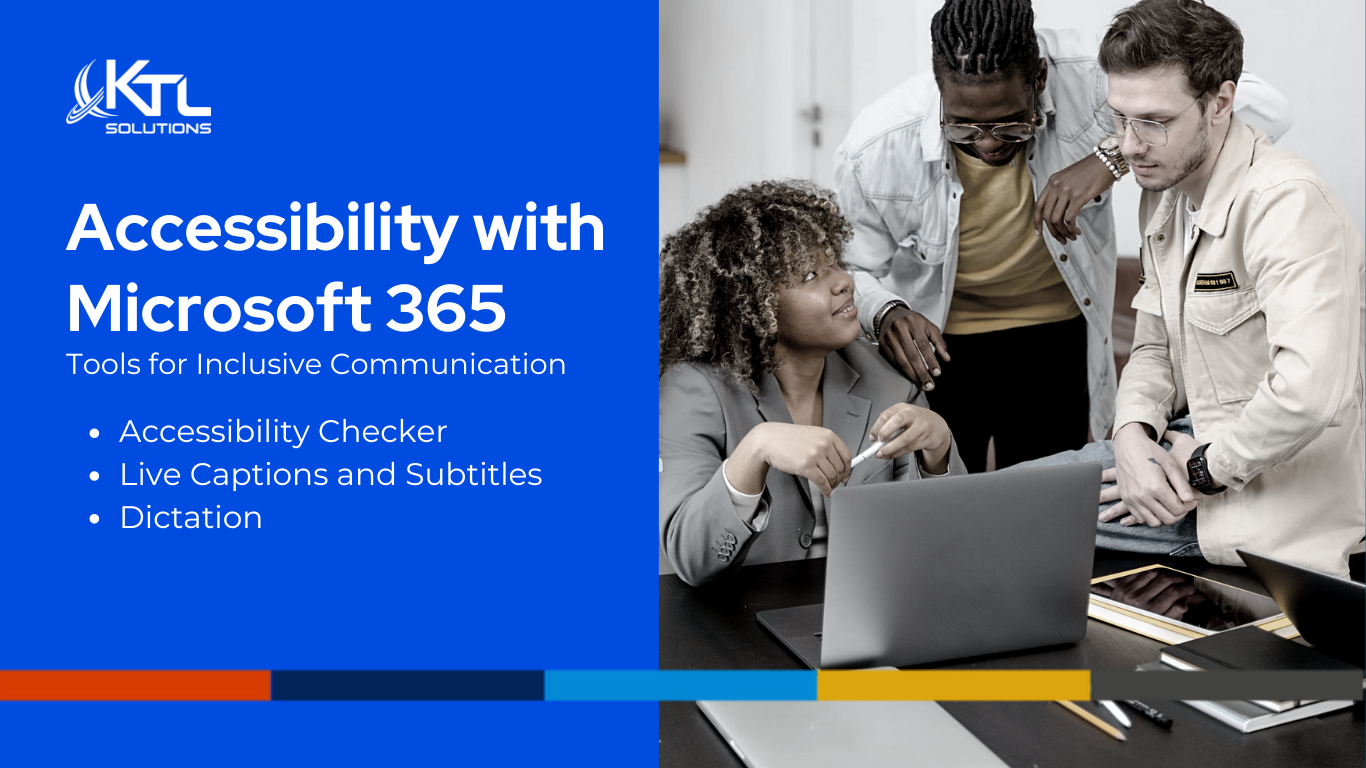Budgets are one of the 3 pillars that hold-up a project and they ensure that there is enough of “it” to support the other 2, viz. scope and time. All three are just as important but for a successful project implementation a smart budget is at its core.
The PMBOK talks about several methods we can use for budgeting but the one that is my favorite and is most accurate is “bottom-up estimating”. When using this method we break down each task into a smaller component and such a component can be assigned anywhere from 8-16 hours to complete. We then work our way up into estimates of higher-level deliverables.
We often forget that there are direct and indirect costs involved in deploying an ERP application. Most direct costs are easy to identify and are readily taken into consideration. There are also indirect costs associated with an ERP project which we often overlook. Ask yourself what it costs to reengineer your business processes and to train your users. During the process reengineering phase you will find productivity losses due to downtime related to learning a new process. These often tend to be process and people oriented and contribute heavily on the overall budget and although difficult to assign a dollar figure it is something that needs to be considered.
As close to out-of-the-box as you can – this is a tough pill to swallow. Going into an ERP implementation I find that you want to bend and twist (aka customize) the software to conform to your existing business processes and because I have historically seen software outliving most employees in an organization the newbies are handed such a heavily customized ERP solution that they are burdened with coming with an overly bloated budget when it is time to upgrade. This is not the end of it – the person inheriting this piece of software is not even fully aware of the reasons behind the heavy customizations. Always ask your team if they can make the business fit the software and not the other way around.
Ask yourself 2 very important questions – Do I have a contingency reserve and Do I have a management reserve to my baseline budget. These are important questions because your baseline budget almost always satisfies the best case scenarios and anyone who has ever worked on a project will vouch that there are project risks – some known and some unknown which we often overlooked at the start.
Understanding the total cost of ownership (TCO) if vital for your budgeting process. TCO goes far beyond what you see on your software and services quote. You may have to hire additional resources to maintain your solution, you have to incur an ongoing maintenance cost and ongoing external services too for the upkeep of your solution. TCO is also very important is comparing your deployment options from an on-premise vs. a cloud-based option to using a SaaS solution.
Finally, once you have arrived at that “smart budget” ensure that you have a competent project manager to control those costs.
AMIT TRASI | Project Manager
Amit is responsible for institutionalizing project management governance at KTL to streamline ERP implementations. With over 15 years of technology experience as a software developer, project manager, and program manager, Amit has managed end-to-end ERP implementations with Dynamics NAV and GP as well as POS implementation with e-Commerce front end. He holds extensive experience deploying POS and ERP applications at non-profits, theme parks, and museums across the United States. Amit joined KTL in October of 2013 and holds an MBA in Information Systems as well as holding a Project Management Professional certificate.























